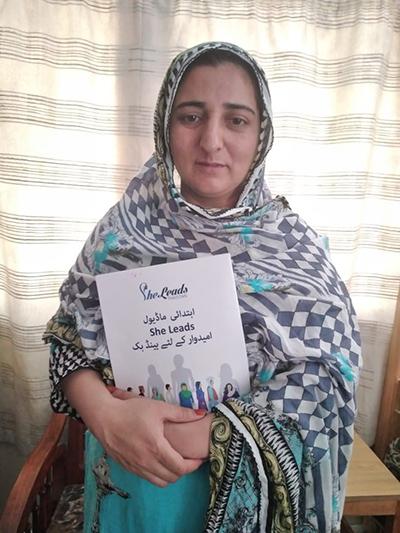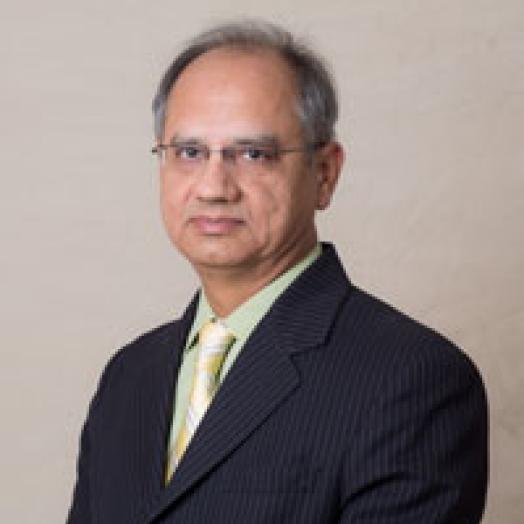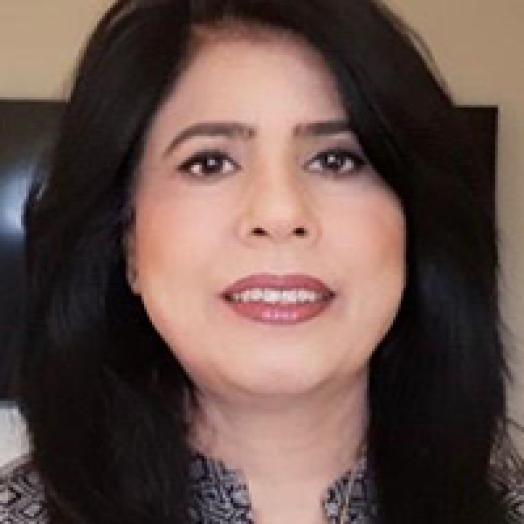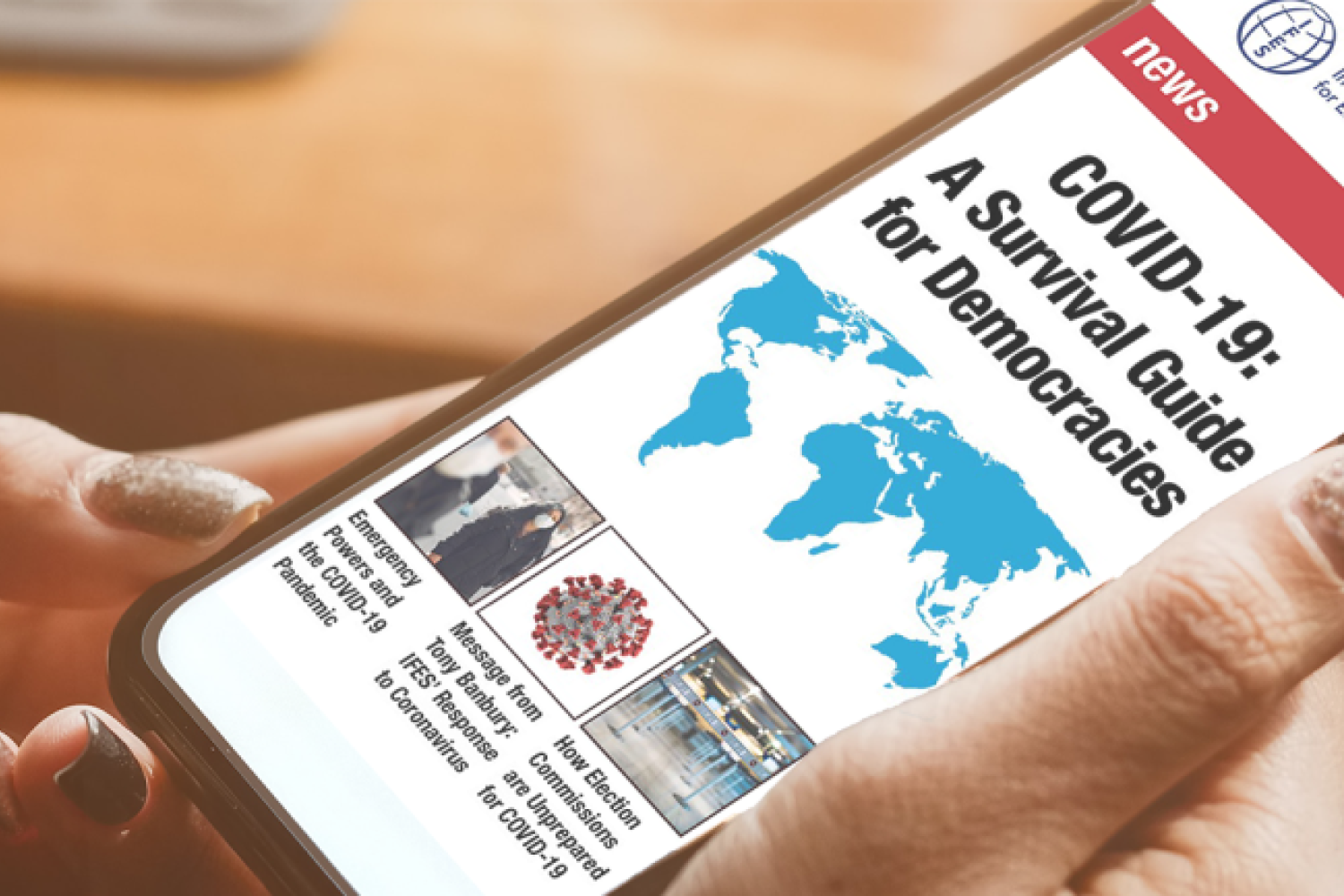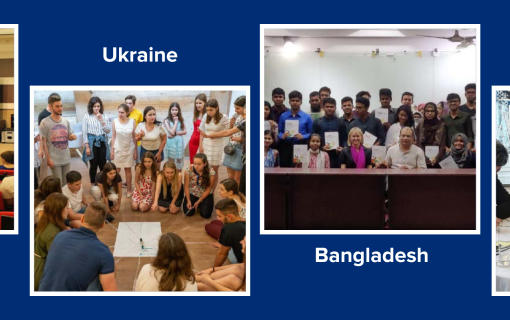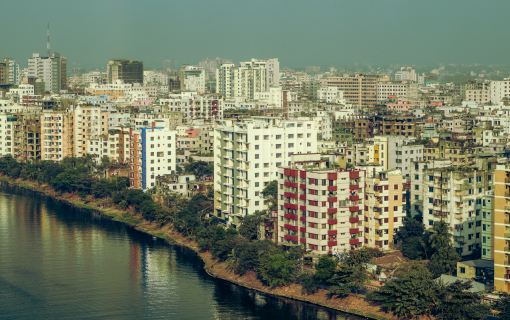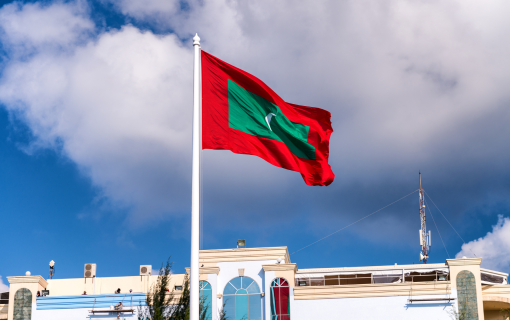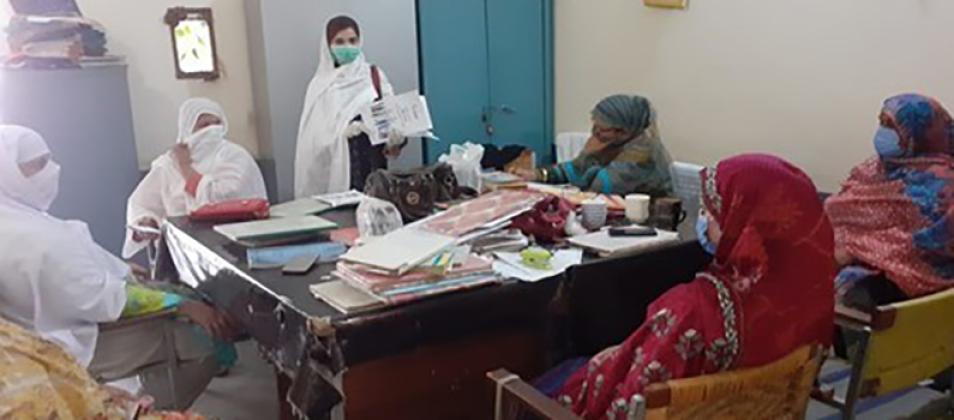
“She Leads Pakistan” Alumnae Advance Gender Equality in Khyber Pakhtunkhwa
According to the Election Commission of Pakistan’s 2020 figures, at least 12.4 million women lack a National Identity Card (NIC). Since the voter registry draws from the NIC database, these 12+ million women are also not registered to vote, undermining their fundamental right to participate in Pakistan’s electoral process. Beyond casting a ballot, the absence of a NIC negatively impacts women’s ability to access government aid, social benefits, banking and other critical services.
With support from Global Affairs Canada, the International Foundation for Electoral Systems (IFES) and its local partners are conducting “She Leads” trainings across Pakistan to equip 500 women with the skills and knowledge needed to actively promote women’s NIC registration in their communities. In the weeks following the training, “She Leads” alumnae have stepped up to organize community events, conduct school sessions and engage in in door-to-door outreach, reaching hundreds in their communities.
Women like Yashpa, a 19-year old woman from Khyber Pakhtunkhwa, are showing the immediate impact “She Leads” alumnae are having in their communities. Yashpa notes that the skills she has gained through the “She Leads Pakistan” training transformed her from a woman who “lacked courage,” to a confident individual capable of advocating for women in her community. Yashpa has already organized three community meetings for 75 women, conducted door-to-door outreach with over 100 houses, and worked with the head mistress of a local secondary school to organize sessions for 400 students that raised awareness about the need for women to register for NICs and the role women can play in mitigating COVID-19 in their communities.
Yashpa proudly shares the process she has adopted to achieve her goals in her community: “First, I briefed my parents about the She Leads program and succeeded in winning their support to start implementation of my assignment. For about two weeks, I used to show up in the target area at 8:00 a.m., and return at 4:00 p.m. In this way, I was able to visit more than 100 houses for identification of unregistered women.” As Yashpa notes:
“I will continue, in my humble capacity, working on the agenda of spreading awareness among women to inspire them to exercise their right to vote.”
Like Yashpa, Asima, a “She Leads” alumna from Abbottabad District in Khyber Pakhunkhwa, went on to organize meetings with more than 50 women in her community, conducting awareness sessions on the NIC registration process that encouraged them to apply for their NIC. Reflecting on the training’s impact, Asima notes:
“Now I am a different person, not only a woman managing her routine tasks, but a leader with a vision and commitment to women’s empowerment. I feel that attending this training prepared me to chase a higher goal, to work for the betterment of other women in my vicinity.”
Beyond NIC registration, “She Leads Pakistan” alumnae are also stepping into new leadership roles to counter the negative impacts of COVID-19 on women in their communities. Ayesha, for example, says she drew from the confidence gained through the “She Leads” training to organize discussions with her community and spread awareness about COVID-19 health guidelines and precautions with women members of households.
“After having a discussion in the training, I have applied all precautionary COVID measures with my family. This set a model for my neighbors, too. Now I am not just a victim in the crisis; I am an active player in the COVID-19 response, and a leader with a higher goal.”
Grassroots women’s leadership is critical to addressing existential and political challenges, such as pandemics, climate change, natural disasters and democratic instabilty. Through “She Leads Pakistan,” hundreds of women like Yashpa, Asima, and Ayesha are drawing on skills and confidence gained to advance the rights and well-being of women in their communities.
IFES’ “Participation of Women in Elections and Registration” (POWER) program is carried out with support from Global Affairs Canada. “She Leads” trainings in Khyber Pakhtunkhwa are implemented in partnership with local organization Pak Women.
Published on March 8, 2021.




